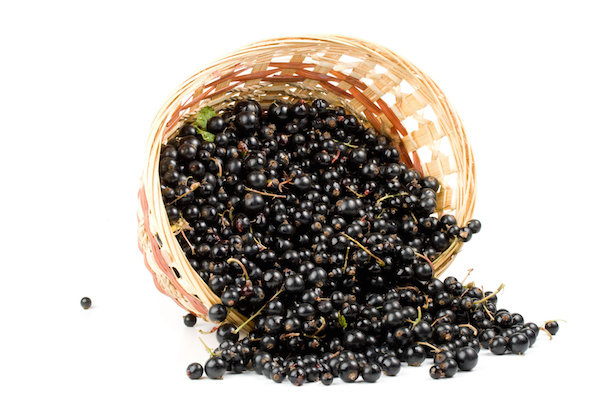 A new research collaboration between New Zealand and Japan will investigate whether NZ blackcurrant-based foods can improve the ‘management’ of human carbohydrate metabolism. This could lead to an improvement in physical and cognitive performance. As a consequence this could combat the onset of diabetes, obesity, and cognitive decline associated with ageing.
A new research collaboration between New Zealand and Japan will investigate whether NZ blackcurrant-based foods can improve the ‘management’ of human carbohydrate metabolism. This could lead to an improvement in physical and cognitive performance. As a consequence this could combat the onset of diabetes, obesity, and cognitive decline associated with ageing.
The opportunity if the research is successful could be huge. Diabetes one of the manifestations of metabolic syndrome currently affects more than 371 million people worldwide and is expected to affect 552 million by 2030. In New Zealand more than 350,000 are believed to have diabetes and in Japan more than 17 million people are believed to have diabetes or be glucose intolerant.
Over the last 5 years anecdotal evidence from a supplement customer suggested that a New Zealand blackcurrant sport supplement could provide benefit: taking the Nelson-based Sujon blackcurrant supplement had significantly improved their diabetes symptoms.
Sujon’s Managing Director, John Gibb, discussed the phenomenon with Japanese research scientists and scientists at Plant & Food Research who were already working with the Gibb’s. They agreed there could be a scientific rationale from the global scientific literature for the blackcurrant diabetes benefit. It was all to do with the potential regulation by blackcurrant polyphenols of different aspects of carbohydrate metabolism. The potential of the concept was further confirmed by other research discoveries by Plant & Food around the same issue of carbohydrate metabolism. Plant & Food then developed a research programme in discussion with Sujon’s Japanese advisors, the Japanese scientists and Massey University scientists, which was the basis of a grant application to the NZ Ministry for Business Innovation and Employment (MBIE).
This finding was of immediate interest to the Japanese researchers as it could be a key to the overriding global health issue of metabolic syndrome. Diabetes is just one of the manifestations of metabolic syndrome: a disorder of energy utilisation responsible for many major health issues, from obesity to cardiac health, stroke, and diabetes. The science could also be relevant to people interested in maintaining energy levels and cognitive performance during everyday activities, and sports-minded individuals and athletes looking to improved endurance over sustained physical activity.
The result is a $400,000 MBIE research grant for the project, with the science being a collaboration between Plant & Food Research’s Prof Roger Hurst and Associate Prof John Podd (School of Psychology, Massey University), and Japanese scientists Dr Hirohito Ishikawa (Research Fellow, Healthcare Systems Co., Ltd.), Prof Toshihiko Osawa (Dean, Dept. of Health & Nutrition, Aichi Gakuin University) and Prof Yoki Kato (Professor, School of Human Science & Environment, University of Hyogo).
The research will use Sujon New Zealand-grown blackcurrant formulations. A Sujon product had already been proven in pilot human clinical trials for related value in sport endurance and lactate stress. This new project also follows from a wealth of efficacy information and expertise that Plant & Food has created on the benefits of NZ-grown blackcurrants for managing oxidative stress and inflammation for improved recovery post exercise.
Prof Roger Hurst says that the underlying phytochemical values of blackcurrants could also positively impact on the management of energy levels in sports minded individuals (both professional athletes and ‘weekend warriors’) as well as cognitive performance in the general population under certain situations. These hypotheses will be tested as part of the two-year project.
Sujon Berryfruits is a Nelson-based company owned by John and Sue Gibb and family. The Company was the first in the world to produce a 100% natural blackcurrant powder supplement marketed for use by athletes. The supplement is used and anecdotally endorsed by many global athletes, including Olympians and World Champions.



